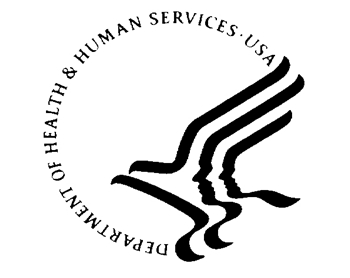Virginia hides public records behind third-party contract

By Kathryn Watson | Watchdog.org, Virginia Bureau
ALEXANDRIA, Va. — A two-month Watchdog.org investigation has made one thing clear — Virginia’s contract with a third-party company to manage welfare transaction data means no one can check to see if people are breaking the law.
TANF TRANSPARENCY? No way. Not even the state can track the use of welfare dollars to make sure nothing illegal is happening.
Many states place benefits on Electronic Benefit Transfer cards, which the state can monitor and manage. Virginia, however, contracts with an outside company — Xerox — to manage Temporary Assistance for Needy Families benefits on debit cards.
It’s illegal to buy certain things, such as alcohol or lottery tickets, with that debit card in Virginia. But once taxpayer dollars are transferred to someone’s bank account it becomes private information. Not even the Virginia Department of Social Services can run an audit.
That became clear in a response to Watchdog.org’s second round of Freedom of Information Act requests for TANF transaction data this year. The FOIA request seek the date, location and amount of purchases that contained certain red flag words — “liquor” or “strip club,” for example — in Norfolk, Richmond and Fairfax County. Watchdog.org asked because it has happened before. Investigations in states such as Maine, Tennessee and Oregon found lots of sketchy transactions on the public dime.
But unlike many states, Virginia doesn’t have an appeals process when it comes to FOIA. So, the requester can either let the government win or fight the records battle out in court.
“VDSS is not in possession of the specific TANF transaction records you request, including the name of the merchants engaging in TANF transactions,” VDSS Commissioner Margaret Shultze replied, although Watchdog.org had specifically asked for no personal, identifying information of participants. “Those records are in possession of the payment card vendor. That vendor is responsible for maintaining transaction histories and has advised VDSS that federal law, 12 U.S.C. Section 3401, prohibits disclosing the data to VDSS.”
Jennifer Wasmer, director of PR services with Xerox, said the company is regulated by the federal government, and it’s not Xerox’s fault.
“Account information for these cards is not available to other entities, including the state, because each card account is considered a bank account under federal privacy law,” Wasmer said in an email to Watchdog.org. “Information on that account — such as balance, how much was spent or where it was spent — cannot be shared with anyone other than the consumer.”
Patrice McDermott, executive director of OpenTheGovernment.org, said she found that “kind of surprising” in a February interview with Watchdog.org.
“It’s a lack of access certainly, with government accountability at the state level saying they don’t have this information,” McDermott said.
It appears as if members of the General Assembly who care about taxpayer transparency might have to roll up their sleeves to solve this one. But will they?
Kathryn Watson is an investigative reporter with Watchdog.org’s Virginia Bureau, and can be reached at kwatson@watchdog.org.







